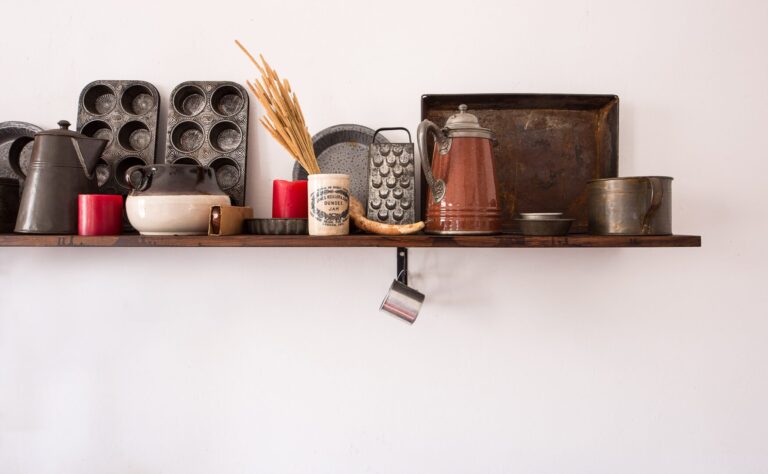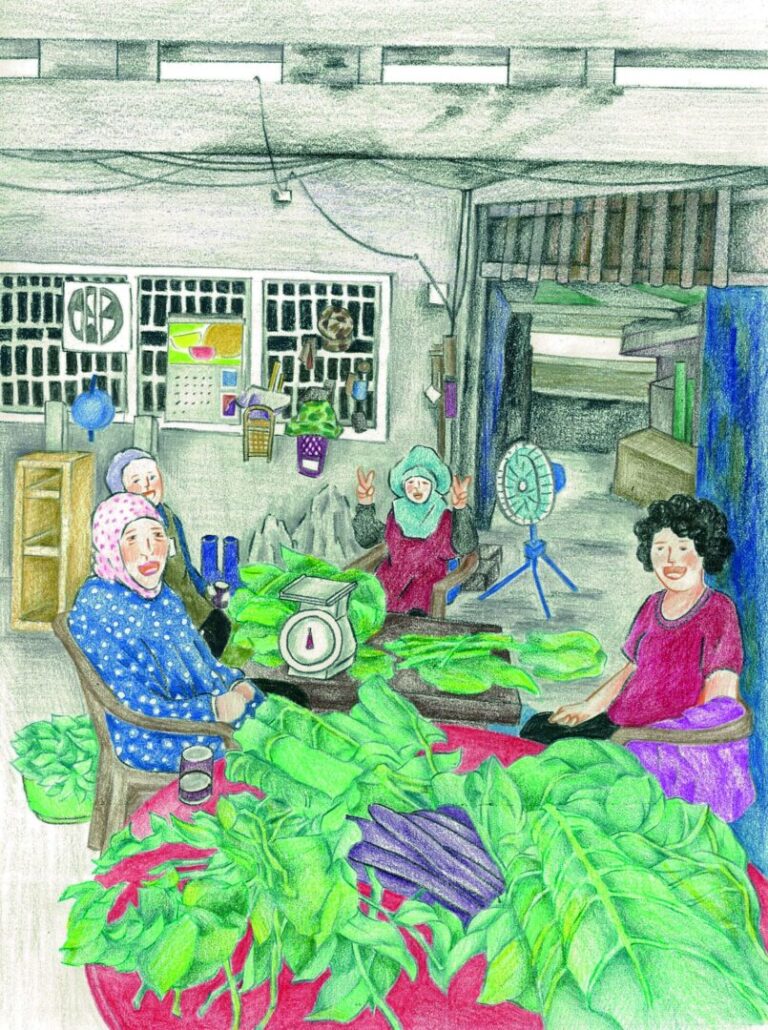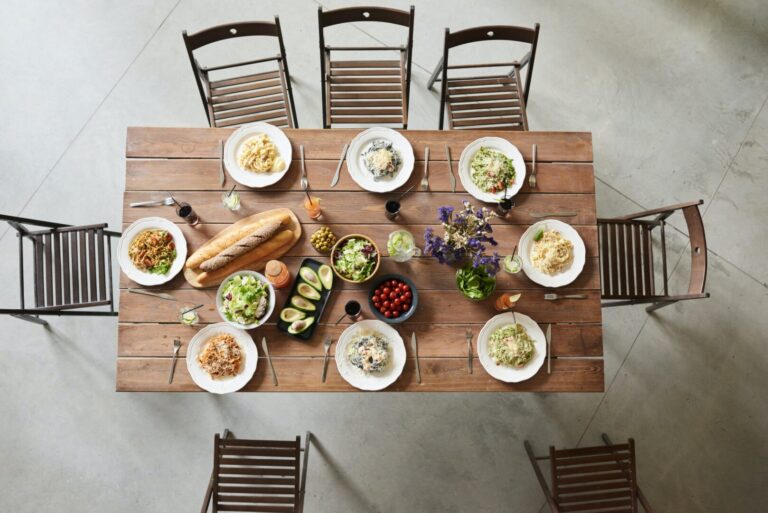Food is a powerful entry point into the civic imagination—i.e., the capacity to imagine alternatives to current cultural, social, political, or economic conditions, the social process of which fosters a shared vision for collective action. As an essential material component of human life, food exists as an extremely mundane and dynamic aspect of our everyday personal and social experiences; our relationship with food is intertwined with issues of privilege, access, representation, language, ethnicity, and the materiality of culture. This forum explores diverse intersections between food and civic imagination, with topics ranging from shared memories, local (re-)imaginations, history and civic action, and private-public translations. The forum discusses how food sustains, nourishes, and connects individuals and their communities by delving into both their presence—e.g., acquiring and preparing ingredients, cooking meals, sharing or selling foods—and absence—e.g., hunger and human waste in food ecology. Articles in this collection demonstrate that the civic imagination is not only fed in dining rooms and kitchens but also in less conventionally thought-of contexts, such as digital spaces, toilets, and forums such as ours. They urge us to engage with food in new imaginative ways, fostering and bridging conversations: one cannot change the world unless one can imagine what a better world might look like, and one must explore together to navigate and actualize the imaginative possibilities.
Keyword: civic imagination
“A Pinch of Imagination”
There is a rise in events connecting people to food, the sources of food, and the materiality of food––including all its affective and sensorial qualities. We have found that this not only translates into food politics but into a wide array of power dynamics surrounding food that connect our past to our imagined/desired futures, especially as we engage with conversations that become nodes that facilitate connections across cultures. The connection lies beyond the ingredients but in the affective agency within them and their relationship to each other. We focus on how we connect through the ingredients, how we measure them, and how they exist in relation to one another, as ingredients strengthen the affective connection with food materiality, as we feel the textures and tastes in order to know if you put the right quantity. Our proposal is a provocation of how transnational creative practices are produced and translated through a cocreated recipe whereby talking through a common recipe (and how that recipe came to be) we disclose and imagine glocal similarities between Mexican food and Palestinian food.
From Housewives to Homemakers: Civic Engagement, Imagination, and Déjà Vu in Taiwan
In a democratic country like Taiwan, civic participation generally takes place everywhere and every day in various forms, such as petitioning, community building, and protesting, and it is too mundane to be noted. Not until the moment of crisis could the energy it has harbored be seen. COVID-19 undoubtedly is a challenge for all humans in the world. Misfortune as it was, this state of exception presented people with resilience and creativity to assist one another. Starting from an incident of “veg boxes” during the pandemic, this article tries to connect the optimistic view toward social changes with its possible model. By linking Homemakers United Foundation, a local organization closely related to food and environmental issues, and its development to the history of nation-building, this article also discusses what kind of civic imagination has been deployed and its connection with history.
They Broke Bread with Sincere Hearts: Imagining New Gymnastics Cultures
This article discusses everyday acts of resistance through two stories of bread in competitive gymnastics through the lens of infrapolitics and hidden transcripts. The author discusses how the culture of elite competitive gymnastics sometimes makes it difficult to distinguish between appropriate and inappropriate methods of coaching and care—often giving rise to infrapolitical acts. Furthermore, the article centers Larry Nassar’s cooptation of gymnasts’ hidden transcripts—particularly around food—as a strategy to further his abuse of hundreds of athletes. Finally, through the concept of the civic imagination, the author encourages the gymnastics community to begin to engage in open discussions over meals toward change in gymnastics cultures.



